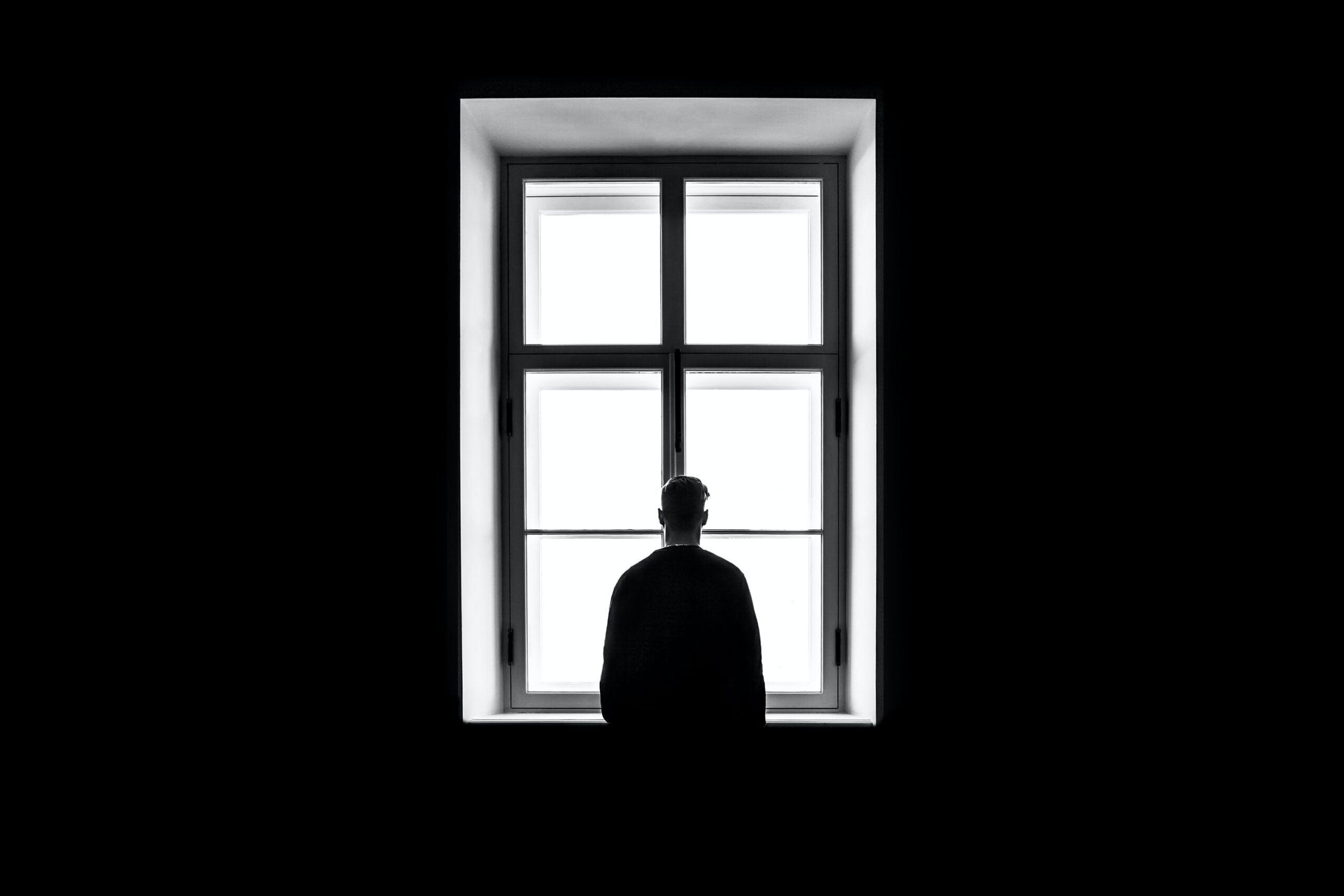Are you finding that you are over-checking or doubting if you have done basic tasks? Many of us are. This is a common symptom of anxiety. Some of us are noticing that we are becoming more concerned about turning off bathroom taps, the cooker, checking and then re-checking we have locked the front door or our car. We may be double-checking things at work – re-reading and re-checking emails before we send them, doubting if we have done things right, even said the ‘right’ thing. Don’t worry you are not alone.
The pressure of the current restrictions is putting all of our brains in a heightened state of anxiety. Even those of us who would normally not see ourselves as anxious are finding we are displaying symptoms. We may feel that things aren’t safe – not just due to health worries but generally. Are you worrying about your loved ones more?
If you are finding that you are starting to develop rituals of behaviour and have to do things in a certain order or it doesn’t ‘feel right’ or ‘complete’, perhaps even worrying this may lead to something bad happening to you or someone you love, take heart. This is another symptom of general anxiety. We may have heard the term OCD banded around. Let’s not start self-diagnosing there’s enough health anxiety around at the moment. Hygiene and cleaning rituals are understandably becoming more of a focus and practically it is important that we are wiping surfaces down thoroughly, door handles, our phone and keyboard etc. However if we are finding this is taking up more of our brain space and we are over-worrying if we have done it ‘right’ and then redoing areas we have just done it may be helpful to adapt our behaviour.
Being more mindful in the moment and paying complete attention to what we have just done is an effective way to help stop the nagging doubt. If you are doubting yourself it could be because you haven’t paid full attention to what you have just done, auto-pilot is a large part of this. So keeping focused on the job in hand can really help. Doing one thing at once. Noticing when your mind wanders off when you are in the middle of this task and bringing your focus back to the task can help us remember we have done it. It can also enable us to feel more satisfaction when we’ve completed it.
If you are having to re-do the same task again and again, like checking the taps are off before you go upstairs to bed it can help to have a way of reminding yourself it’s already been done. Doing the task once, then allow yourself one ‘check’. Having a note pad or checklist say on the fridge door can help us look back and know we have done it. Ideally we would just tell ourselves that it’s done and there’s no need to check it but sometimes the battle in our head can get stuck in a worry loop. So you may find it helpful to tick off when you have done it, then allow one check, recording another tick. If your doubting brain fires up you can go back to the list and reassure yourself you’ve done it.
It can also help us to delay the response to check again. Delay the checking process by distraction and engaging in something else, noticing how we can tolerate this anxiety, how this does pass, can help us stop becoming a slave to worry thoughts. Try reassuring yourself that it’s ok to have the worry thought and that feeling anxiety itself doesn’t mean anything bad will happen. The great thing about the brain is that it can rewire itself. This You Tube video talks about neuroplasticity https://youtu.be/zTuX_ShUrw0.
Finding that your memory is not as reliable is something you may be struggling with. Where did you put your keys? Did you remember to get what you needed at the shops? Keep essential things like your wallet, purse, phone and keys in the same place, may be get a bowl that you place things in so that’s your ‘go to’ place when you worry something is lost. Use a note pad, so you’re not over-relying on your phone for everything then you don’t start with phone panic. Write down what comes into your mind that you need to remember. Keep it by your bedside and then if you wake at 3 am panicking you’ve forgotten something important for work tomorrow, you can write it down, drift back off to sleep without internally telling yourself you must remember this at all costs which keeps you awake for the rest of the night.
Reducing the general level of anxiety you are coping with in your body will really help. Practising relaxation breathing for a few minutes each day, going a walk for 10 minutes, eating and hydrating well, doing a few body stretches every hour. Yes all those boring things that sound so easy are so important. They sound so simple don’t they? Well so simple we often ignore or forget them.
Take a few minutes for yourself every day. Do one thing that helps you feel connected and grounded.
Breathing focus https://www.healthline.com/health/breathing-exercise#breath-focus
Changing OCD rituals https://www.anxietycanada.com/articles/changing-or-delaying-ocd-rituals/
Neuroplasticity and how the brain rewires https://youtu.be/zTuX_ShUrw0
Meditation for anxiety – https://youtu.be/O-6f5wQXSu8
If you’d like to talk about any issues concerning you please contact us to discuss how we can help.

